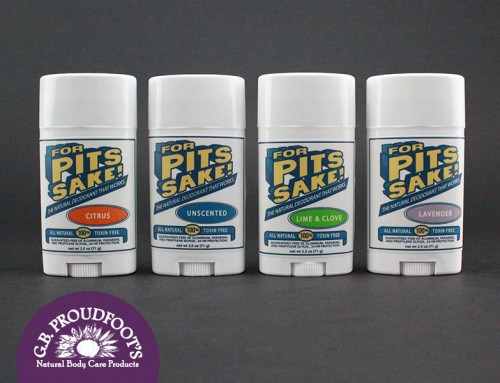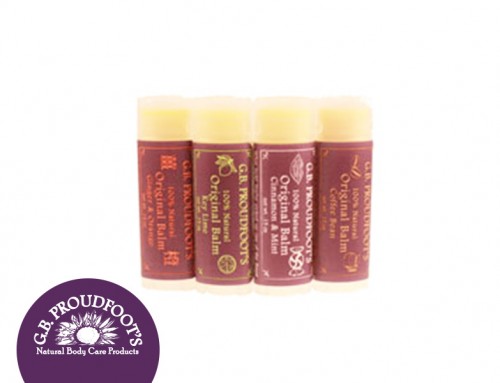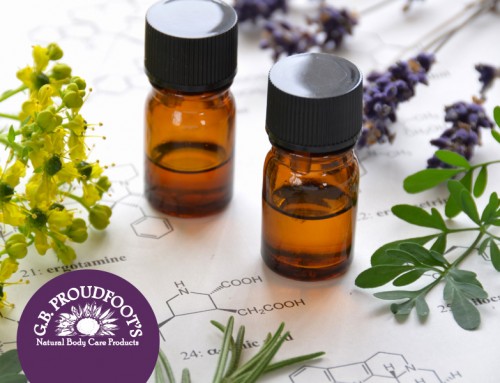What does the toothpaste you used this morning, the sandwich you had for lunch and the face cream you used before bed all have in common?
Well unless you are vigilant about what you put in and on your body they’re most likely to be preserved by a myriad of the synthetic preservatives that we find in everyday products. These synthetic preservatives are well intended; they prevent spoilage, bacterial contamination and yeast and mold growth, extending the shelf life of all the little things we consume in any given day. Sounds good right? Well it would be if there weren’t some awful unintended consequences that go along with them. Allergies, hormone disruption, and exposure to toxins and carcinogens to name a few.
Parabens, triclosan, and resorcinol are but a few of the many you’ll find in most mass marketed body care products. Unfortunately you can now also find these in the umbilical cords of newborns, human breast milk, and the tissues of the body of those who use products that contain them. Yuck!
We get asked all the time how we preserve our soaps and body care products without the use of these synthetic preservatives. Trade secret? Nope. Just a little extra work, basic chemistry and biology and some good old fashioned “know how” about natural preservation techniques.
As a start, all the natural ingredients you’ll find in G.B.’s products have been picked because they have inherent anti-bacterial, anti-fungal and anti-oxidative qualities. In other words, they are all excellently preserved by mother nature herself. Some other tricks of the trade…using formulations without water or naturally keeping the alkalinity or acidity of the products that contain water at such a level that bacteria, yeast and mold cannot survive. We know what the skin likes and what bacterial doesn’t and we put it into practice.
So why doesn’t every manufacturer stop using synthetics and do us all a favor? Well firstly, their share holders would be furious! Synthetic preservatives are powerful and cheap, meaning that they can add small quantities to their products and really help that bottom line. “Small quantities” mean they can put that preservative down at the very end of the ingredient list.
Also, now the shelf life of said products can be drawn out almost indefinitely. Who wouldn’t want their face cream to last 3 or 4 years? Us. It’s our humble opinion that if a product is sitting in your medicine cabinet or on a store shelf for that long, it probably isn’t that good. While all our products are naturally shelf safe for 18 -24 mos. we hardly think that they’ll last that long.
We encourage you to check out our ingredients page, do a little research of your own and look into some of the ingredients you’re reading on the labels of the products you use everyday. Ignorance is bliss and that’s what the big manufacturers are counting on. At G.B. Proudfoot’s we like to give people a little more credit.






Leave A Comment